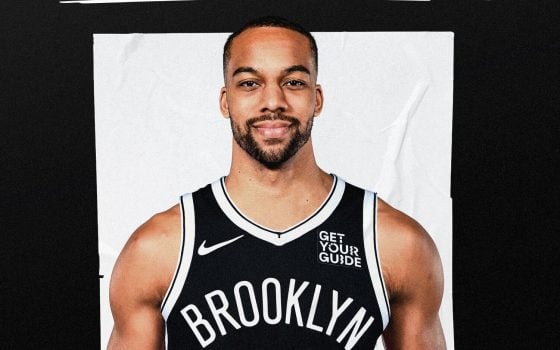Republican presidential nominee Donald Trump hosted Israeli Prime Minister Benjamin Netanyahu at his home in Florida on Friday, meeting face-to-face for the first time in years as they each try to boost their political fortunes.
Trump, 78, greeted Netanyahu and his wife Sara at his Mar-A-Lago estate in Palm Beach, Fla., later dismissing reports of a years-long rift between the two.
“It was never bad,” Trump said of his connections with Netanyahu. “We’ve always had a very good relationship.”
Political scientists say they believe both men came to the meeting looking to secure their respective futures in office, with Netanyahu under pressure at home over the war with Hamas and Trump taking another run at the White House.
“Just keep in the back of your mind that the real significance of what you’re watching right now is not what’s been achieved. It’s what it looks like,” said Aaron David Miller, a senior fellow at the Carnegie Endowment for International Peace.
Video showed Trump greeting Sara first, then shaking Netanyahu’s hand before pulling him in for a hug. The three posed for a photo on the front steps – Trump with one arm around her and the other giving a thumbs up.
“Let’s get a good, beautiful picture,” Trump said.
Trump and Netanyahu haven’t met face to face since 2020, when the Israeli prime minister was one of the first world leaders to congratulate U.S. President Joe Biden on his election victory over Trump.
“Trump was very critical of BiBi for not coming out in his defence when he questioned the validity of the election,” said Jon Allen, a senior fellow at the Munk School of Global Affairs and Public Policy and a former Canadian ambassador to Israel and Spain, referring to Netanyahu by his nickname.
“But he’s been critical, more critical than I expected of the war in Gaza.”
After the meeting Friday, Trump said Israeli hostages held by Hamas “need to be given back immediately.” The Israeli leader said he hoped progress was being made in talks on a Gaza ceasefire.
“We’re certainly eager to have [a deal] and we’re working on it,” Netanyahu said.

With a little more than 100 days until election day, Trump is also looking to break into the voting bloc of Jewish Americans who have traditionally voted for Democrats. Matt Grossman, director of the Institute for Public Policy and Social Research at Michigan State University, said Trump has largely “been a little bit all over the place” on the war portfolio but has remained largely supportive of Israel.
With a Harris vs. Trump election looking likely, The National’s Ian Hanomansing asks U.S. political insiders Cornell Belcher and Chris Cillizza to break down how the campaign could play out, and what a possible path to victory for Kamala Harris might look like.
“Certainly, we would consider him to be firmly aligned with Netanyahu and more likely to criticize the Biden administration for not supporting Israel enough,” Grossmann said in an interview.
He said Trump has tried to capitalize on Arab-American voters who have criticized Biden’s response to the war — even chanting along, on occasion, with rally crowds against “Genocide Joe.”
“So he has tried to take advantage of the criticism coming to Biden from the Palestinian side, even though all of his public positioning has been firmly on Netanyahu’s side.”
Beyond optics and messaging, Trump would have been somewhat limited in what he could accomplish policy-wise during the meeting — private U.S. citizens are allowed to meet foreign officials, but under law, they can’t negotiate disputes between foreign nations and the U.S. without authorization.
The appearance in Mar-A-Lago capped Netanyahu’s visit to the United States, which included an address to a divided Congress as well as separate meetings with Biden and Vice-President Kamala Harris. Harris, favoured to become the Democratic presidential nominee after Biden left the race, said she expressed “serious concern” to Netanyahu during their meeting about human suffering and loss of civilian life in Gaza.
On Friday, Trump said Harris’s remarks were “disrespectful” to Israel.
“I don’t know how a person who’s Jewish can vote for [Democrats], but that’s up to them,” he told reporters at Mar-A-Lago.
Netanyahu’s trip was billed in part as an opportunity for the U.S. and Israel to work toward a ceasefire agreement in Gaza, but Miller says it was designed to ultimately mend fences with two groups: Netanyahu’s domestic constituency and American Republicans, who would be a key ally for the Israeli leader if Trump takes power in November.
“This was, again, not about policy, not about negotiations, not about the Middle East, not about the future of Gaza,” Miller told CBC’s The Current. “It was about Netanyahu’s politics and ours.”






















Discussion about this post